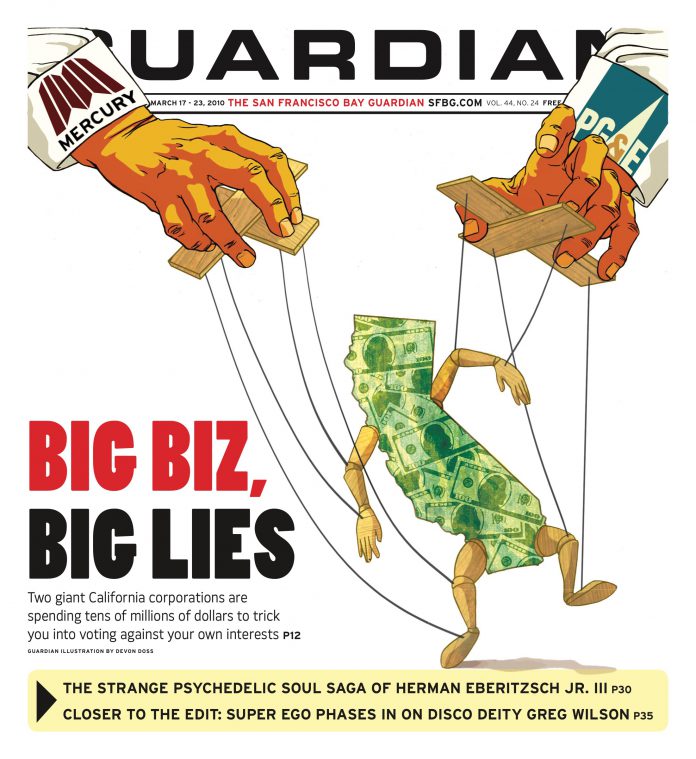OPINION The Municipal Transportation Agency’s Web site states a goal of providing a "convenient, reliable, accessible, and safe transit system that meets the needs of all transit users" in San Francisco. I have a feeling that if you ask most Muni riders, few would use those words ("convenient," "reliable," "safe," "meeting the needs of all transit users") to describe Muni today.
Riders have been put in the untenable position of paying higher fares for less service. Yet Muni still faces a $17 million deficit (projected to grow to $55 million next year), which it proposes to close by again increasing fares and cutting services. When asked about Muni recently, Mayor Gavin Newsom pointed to a $179 million reduction in state funding as the culprit. And while no one can dispute the devastating impact of such a cut, there are a few questions that suggest that the state alone is not to blame for Muni’s troubles.
For one, we just learned that the MTA has not had a management and performance audit since 1996. Although it’s undergone a number of fiscal audits, a management audit is different; such an audit would actually evaluates Muni’s operations to determine if the system is run effectively and efficiently. How is it that an $800 million operation can go for 14 years without that type of evaluation?
Moreover, what does it say about how Muni is managed when the agency has consistently failed to control overtime costs? We just learned that Muni accounts for about half of the city’s overtime expenses. This fiscal year alone, Muni has spent $23.8 million in overtime, or 45.6 percent of the city’s total. What kind of management and operational practices allow an agency to function like this?
And why is Muni spending 9 percent of its budget ($67 million) on work orders (with other departments) for services that may or may not have much to do with its mission — including $12.2 million for the Police Department, $8.5 million for the Department of Telecommunications, and $6.9 million for the General Services Agency that runs 311? Since a quarter of the value of these work orders would suffice to wipe away its deficit, what, if anything, has Muni done about this?
And speaking of Muni’s deficit, why is it that increasing fares and reducing services seem to be the only tools in its tool box? As a number of transportation experts have suggested, there are several options that should have been on the table — raising parking fees, adding parking meters, charging for blue placards, and putting a revenue measure on the ballot, just to name a few. While some of these options may not be the answer, has Muni at least considered them? Did it consider them before proposing more fare increases and service cuts, including doubling fares for seniors, the disabled, and youth?
All this points to a more fundamental question — what about the MTA Board? Has the board provided the type of engaged and independent oversight needed to guarantee effective management? And is independent oversight even possible when all board members are appointed by one person, the mayor?
Because of these and other questions, I am proud that the Board of Supervisors unanimously approved a motion I introduced asking the budget analyst to conduct an independent management audit of the MTA. Given the timing of the budget process, the first phase of the audit will be completed by May 1, with the remainder in the summer. The audit will evaluate key areas of Muni’s operations to shed light on whether it is truly following best practices. We owe it to the ridership to face these questions head on. We no longer have the luxury to wait for the state to do the right thing.
SF Supervisor David Campos represents District 9.

